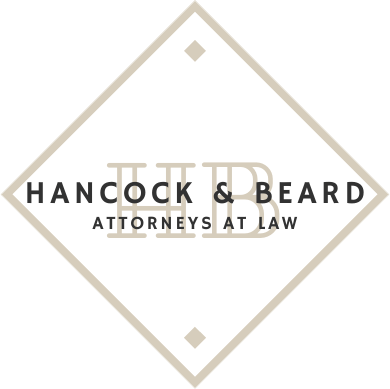Email: admin@bkrlawyer.com | Address: 2205 Taylor Street, Guntersville, AL 35976
Lisa Hancock, Attorney at Law
Contact Us Today: 256-582-6940
Toll-Free: 1-800-282-2237
Frequently Asked Questions
It All Starts with a Free Consultation
- CREDIT REPORTS
There are three credit reporting agencies in the U.S. You have a right to obtain a free credit report from them annually. (If you seek a credit report more often than annually, there is a small fee.) We recommend obtaining same from annualcreditreport.com, because this provides credit information from all three agencies. (The phone number for this company is (877) 322-8288.) It is smart to check your credit report periodically to ensure its accuracy. That said, there is no guarantee that all your debts will appear on your credit report. Do not rely on your credit report alone in listing all your debts if you file a bankruptcy. A Chapter 7 bankruptcy may be shown on your credit report for 10 years and a Chapter 13 bankruptcy may be shown for 7 years, both from the date of the filing of the bankruptcy.
- GARNISHMENTS AND FORECLOSURES
The filing of any type of bankruptcy stops garnishments and foreclosures immediately. How long this protection will last depends on your situation.
- STUDENT LOANS
Generally, it is difficult to discharge student loan debt in our jurisdiction. There is case law and legislation pending that could change this.
- TAXES
Most income tax is not dischargeable when filing a bankruptcy. It depends on several factors, including whether or not an individual filed a timely tax return and how old the taxes are. A Chapter 13 bankruptcy may provide a way to repay non-dischargeable taxes without interest and penalties.
- WHO WILL KNOW I FILED BANKRUPTCY?
A bankruptcy is filed with the federal court and is a public record. However, it is not routinely published anywhere. Primarily, your creditors will know of your bankruptcy due to the notice they receive. Your employer will not be notified of your bankruptcy, unless you request a direct deduction of your Chapter 13 payment from your paycheck.
- COSIGNORS
Your filing a bankruptcy does not relieve any cosignors on your debts of liability for the debt. If you are repaying a co-signed debt in full through a Chapter 13 bankruptcy, the creditor cannot pursue the cosignor. Rarely does it matter if you are the “first” or “second” cosignor on the document.
- BANKRUPTCY COURT APPEARANCES
When you file bankruptcy, the Court will set a date for a “creditors meeting” about a month later at which you will be asked general questions by your Bankruptcy Trustee. If you file a Chapter 13 bankruptcy, there will be another court date for approval of your repayment plan within 3 to 4 months of when you file. Due to the pandemic, all court appearances are now being made by phone.
- CREDIT COUNSELING
All consumers are required to complete two sessions of credit counseling by a court-approved agency for this purpose. We use CFEFA, an Alabama-based company. The first “session” requires that you complete some basic information that we will provide you if you decide to file a bankruptcy. We will submit it to the agency and obtain the certificate needed for the Court. The second “session” should be done after the bankruptcy is filed and requires that you watch a DVD we provide to you and fill out a one-page sheet listing codes contained at the end of six different sections of the presentation. When you return this to us, we will obtain and file a certificate for it with the Court.
Contact Information
2205 Taylor Street
Guntersville, AL 35976
Phone: 256-582-6940
Other Phone: 800-282-2237
Email: admin@bkrlawyer.com

